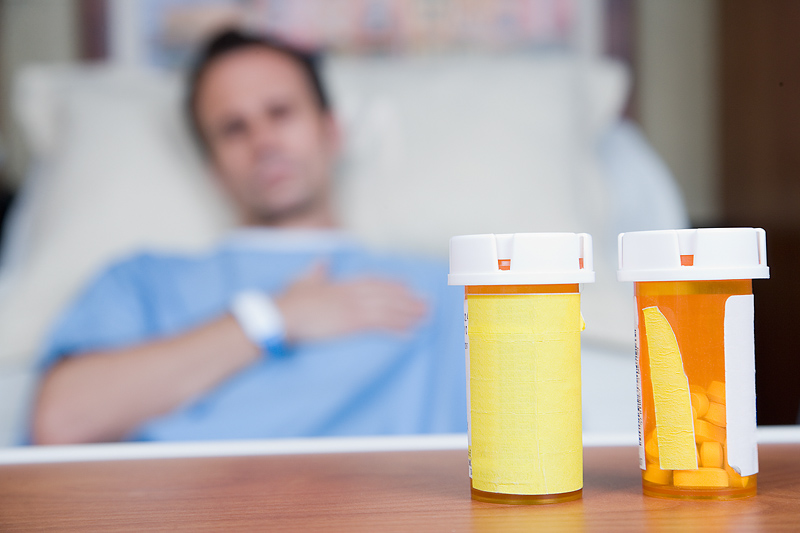
WEDNESDAY, June 3, 2015 (HealthDay News) — A routine hospital stay may put older adults at risk for a potentially deadly condition called sepsis, according to a new study.
Sepsis is a catastrophic, whole-body response to infection, according to the researchers.
The study looked at data from nearly 11,000 older Americans. Over 12 years, there were 43,000 hospitalizations. The researchers found people were three times more likely to develop sepsis within three months after leaving the hospital than at any other time.
The analysis also showed that the risk of sepsis three months after a hospital stay was 30 percent higher for those who received care for any type of infection. The risk of sepsis three months after hospitalization was 70 percent higher for those who had an intestinal infection caused by Clostridium difficile (or C. difficile) bacteria, the study revealed.
One in 10 C. difficile infection survivors developed sepsis within three months of a hospital stay, according to the study.
However, the study did not prove a cause-and-effect relationship between the hospitalization and later sepsis. It only showed an association between those factors.
Findings from the study were published online in the American Journal of Respiratory and Critical Care Medicine.
There is increasing evidence that antibiotics and other infection treatments disrupt the body’s microbiome — the natural community of bacteria and other microbes that are vital for healthy body function. And it’s known that hospital patients with a disrupted intestinal microbiome are at increased risk for C. difficile infection, according to the researchers.
“Our findings could mean that disruption to the microbiome in the hospital may predispose older people to get sepsis later, which is different from what we already know about the acute and chronic effects of microbiome disruption,” study lead author Dr. Hallie Prescott, a critical care physician and health care researcher at the University of Michigan, said in a university news release.
“While more work is needed to explore this further, it also opens the possibility that we might be able to prevent sepsis — by doing something as simple as helping the microbiome recover rapidly from a hospitalization,” she added.
According to the U.S. Centers for Disease Control and Prevention, sepsis is a response to an infection in which the immune system releases chemicals into the blood to fight the infection. The chemicals sometimes cause body-wide inflammation, which can lead to blood clots and leaky blood vessels.
Sepsis may affect as many as 1.1 million hospital patients in the United States each year, according to the CDC.
The condition kills one in six people who develop it. More people die from sepsis than from prostate cancer, breast cancer and AIDS combined, according to the researchers.
“The implications of this paper are big,” said study senior author Dr. Theodore Iwashyna in the news release. He is a physician-scientist at the University of Michigan and the Veterans Affairs Ann Arbor Center for Clinical Management Research.
“We know that a major cause of microbiome disruption is antibiotic use. This study hints — it does not prove, but it hints — that profligate use of antibiotics might not just be bad because of antibiotic resistance. Profligate use of antibiotics might also, via the microbiome, put patients at increased risk of both all kinds of other infections, and to having a particularly bad response [sepsis] to those infections,” he explained.
More information
The U.S. Centers for Disease Control and Prevention has more about sepsis.
Copyright © 2026 HealthDay. All rights reserved.

